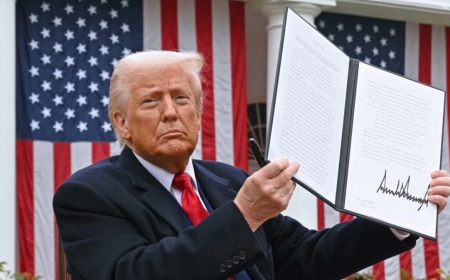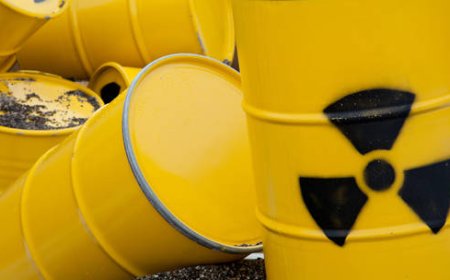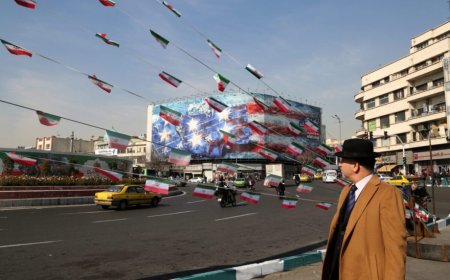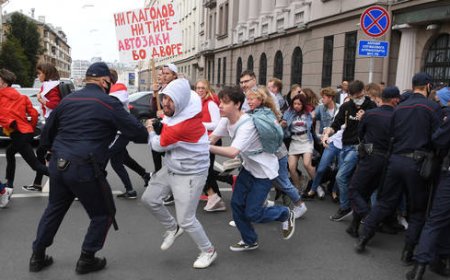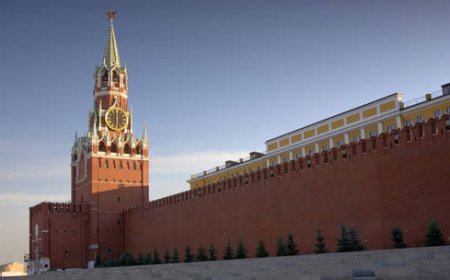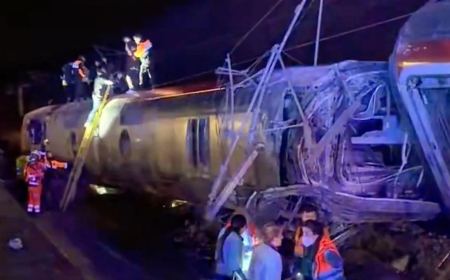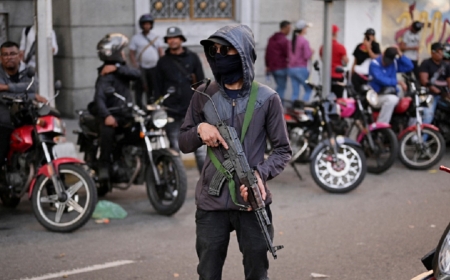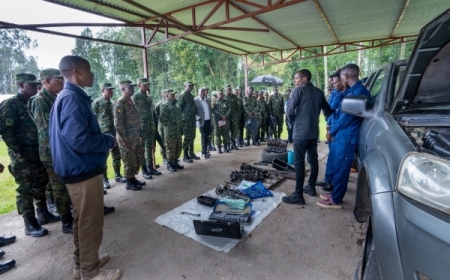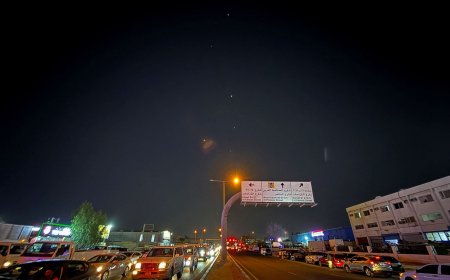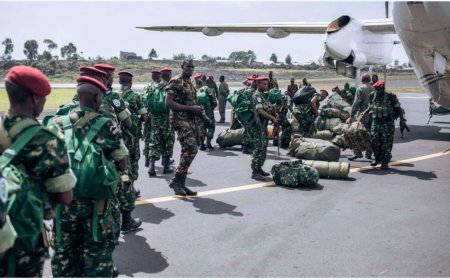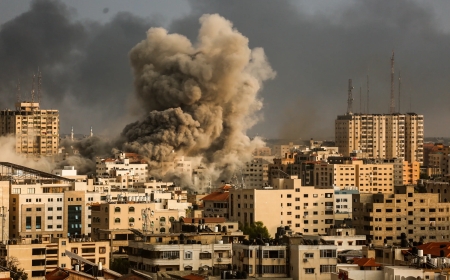Ten key rules on fireworks use in Rwanda

Want to import or display fireworks? New instructions published by the Ministry of Interior on Monday, July 7, set out comprehensive rules governing the importation, storage, transportation, trading, and public display of fireworks.
https://x.com/RwandaInterior/status/1942154980573458876
The instructions published in the Official Gazette in April are meant to determine the requirements for granting a permit to import, store, export, trade in and display fireworks. While fireworks are commonly used during festive seasons, concerts, or national events, authorities now emphasize that without proper controls, they can pose serious risks to public health and security.
The updated framework requires all individuals and businesses involved in fireworks-related activities to apply for official permits and comply with detailed safety procedures.
Here, we list 10 key highlights about the storage and use of fireworks in Rwanda under the new regulatory framework:
1. A permit is mandatory
No individual or company is allowed to import, export, store, trade in, or display fireworks without a permit issued by the competent authority—the minister in charge of Rwanda National Police (MININTER).
2. Fireworks displays require prior approval
Fireworks can only be displayed at events of national or international character, or those specifically approved by authorities.
Applicants must submit a display plan which is issued within 30 days from the date of submission of application and obtain recommendations from the City of Kigali or the respective district.
3. Strict inspection and oversight
Authorities are empowered to inspect fireworks storage sites, transport vehicles, and display venues. They may cancel a display or permit if safety standards are not met or if equipment is found to be unsafe.
Imported fireworks are subject to inspection to verify safety and storage compliance. Inspectors have the right to enter storage sites and take corrective actions when necessary.
4. Safe storage is non-negotiable
Storage facilities must be located away from residential areas, equipped with fire extinguishers, lightning rods, and staffed by trained personnel. They must also maintain a register and caution signs, and ensure that fireworks are protected from heat or moisture.
5. Transportation must follow safety protocols
Transporting fireworks requires a plan and prior request for escort. Fireworks must remain in original packaging, be shielded from sparks, and handled by qualified personnel using vehicles equipped with fire extinguishers.
6. Only authorized sellers and buyers allowed
Traders must obtain a permit to sell fireworks and can only sell to individuals or entities with authorization. Shops must be separated from storage areas and sales recorded with buyer information.
7. Monthly reporting
Permit holders are required to submit monthly reports detailing types and quantities of fireworks sold, as well as buyer identities. They must also immediately inform authorities if they cease operations.
8. Disposal of fireworks
The responsible authority directs that defective or expired fireworks be disposed of, with the permit holder covering the disposal expenses.
9. Incidents must be reported immediately
In case of any incident involving fireworks—whether during storage, transportation or display—the permit holder must report it to the nearest police station and notify the competent authority.
10. Permits can be revoked
Providing false information or using forged documents during the permit application process can lead to revocation. The competent authority also has the right to cancel a permit if safety or procedural standards are violated.

